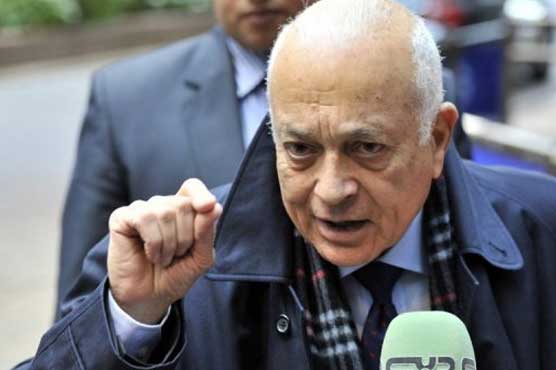Arab League says Syria withdrew tanks from cities

Arab League said Syria's government has withdrawn tanks from inside cities but killings go on.

Arab League said Syria's government has withdrawn tanks from inside cities but killings go on.